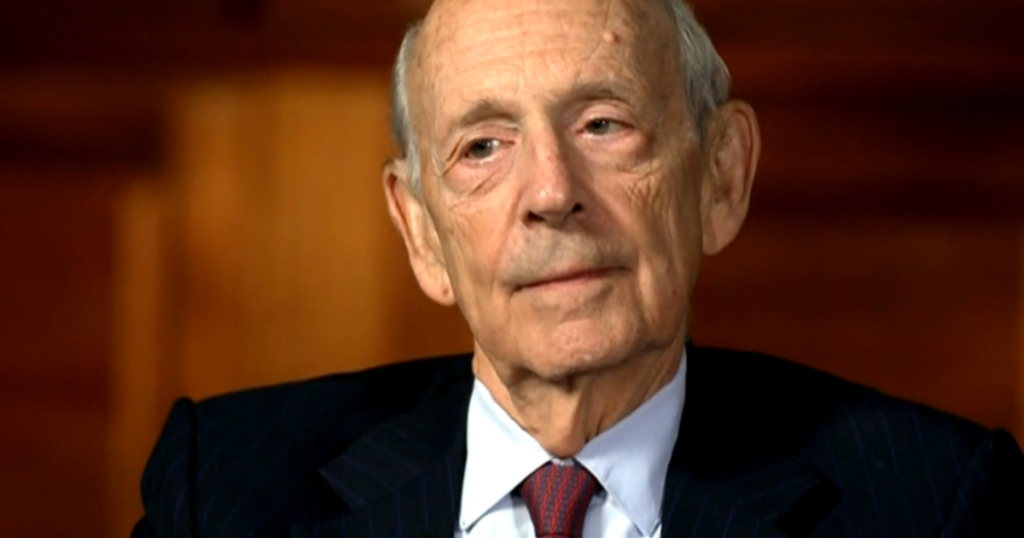In a recent interview, retired Supreme Court Justice Stephen Breyer discussed the upcoming cases with significant implications for the court, including a major abortion case and a decision on whether former President Donald Trump should have immunity from criminal prosecution. In his new book, “Reading the Constitution,” Breyer presents his liberal or “traditional” interpretation of the Constitution, warning against the harmful effects of conservatives’ approach in overturning longstanding precedents like Roe v. Wade and sending the issue of abortion back to the states. Breyer argues that overruling too many cases can lead to chaos in the legal system and questions the principles behind such decisions.
Breyer was unable to seek a compromise with Chief Justice John Roberts in the recent abortion case, as the newly strengthened conservative majority on the court prevented any middle path to save Roe by limiting states’ ability to ban abortion before 15 weeks. Breyer advocates for considering the “purposes, consequences, and values” of the law, rather than solely focusing on the original meaning of the Constitution or the words of the law. He points out the problems with the conservative approach and the importance of looking at the broader implications of legal decisions.
Despite the current political climate, Breyer rejects accusations that the Supreme Court decisions are politically motivated. He emphasizes that disagreements among the justices remain civil, especially in private meetings where each justice is given a chance to speak once before anyone speaks twice. Breyer believes in maintaining a sense of camaraderie and collaboration among the justices, even in the face of differing opinions. Despite no longer being on the court, Breyer continues to make his voice heard and advocate for his ideals, urging young people to get involved and shape the future of the legal system.
Breyer encourages young people to participate in civic engagement and take an active role in shaping the future of the legal system. He acknowledges that the world belongs to the younger generation and urges them to actively work towards keeping it together. Breyer maintains an office at the Supreme Court and continues to support his ideals, hoping to inspire others to advocate for justice and uphold the values he has championed throughout his career. While acknowledging that the current political landscape may be challenging, Breyer remains optimistic about the ability of young people to make a positive impact on the legal system and society as a whole.


